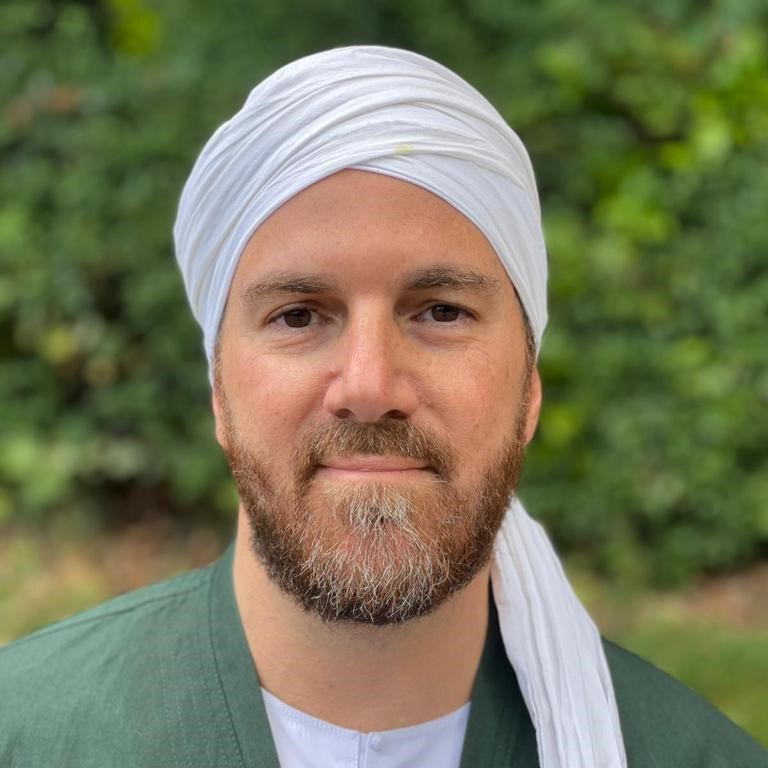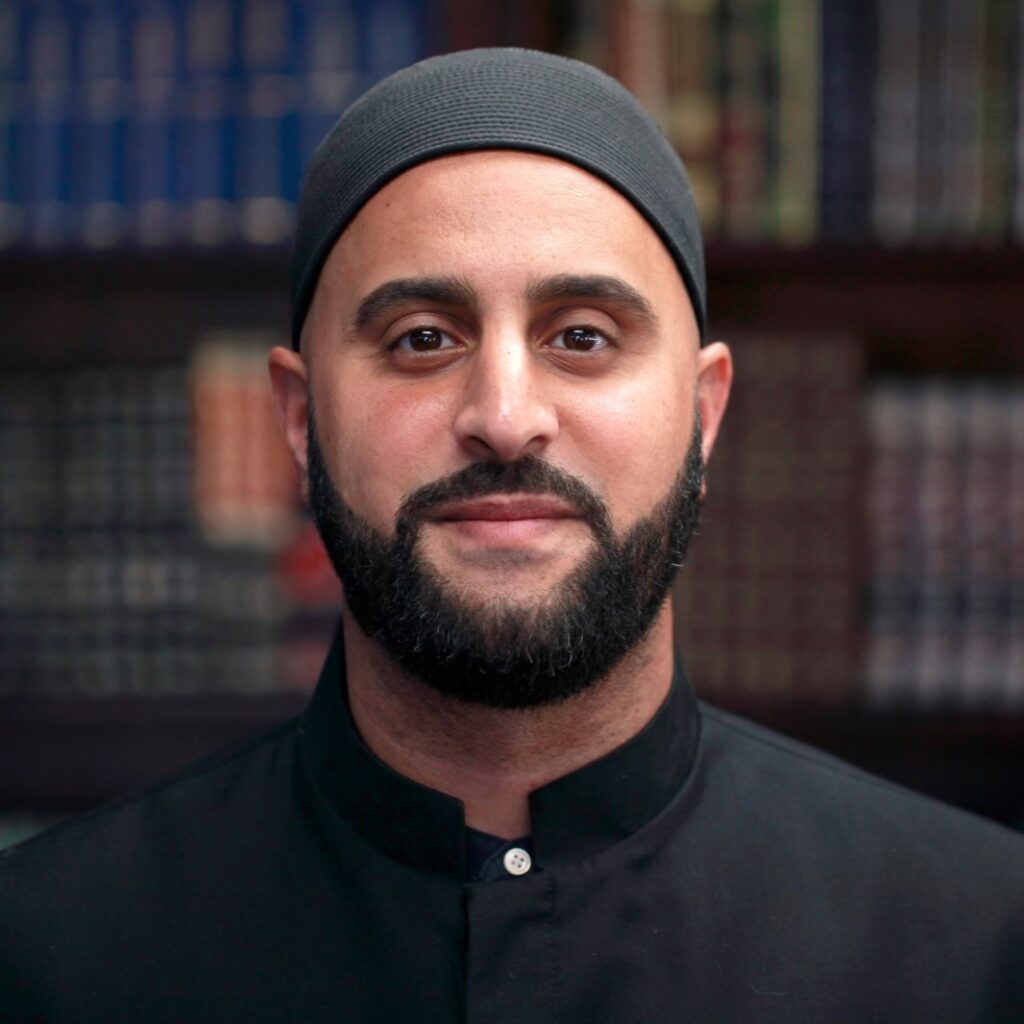Instructors

Walead Mohammed Mosaad
Walead M. Mosaad is an internationally recognized scholar in Islamic Studies and human development. His academic and traditional training has accorded him the opportunity to work with communities worldwide as a teacher and project driver. He has completed degrees from Rutgers University and Fath Islamic Seminary in Damascus. He received his PhD from the University of Exeter in Arab and Islamic Studies, and was also classically trained at the Al-Azhar University. He has been blessed to study with such luminaries as Shaykh Ahmad Taha Rayyan, Shaykh Ali Gomaa, Shaykh Saeed al-Bouti, Shaykh Kurayyim Rajih, Shaykh Bakri al-Tarabishi, Shaykh Mahmoud al-Misri and Shaykh Muhamed Hydara al-Jilani. He has also worked for the Tabah Foundation, where he managed educational projects in Belgium, Denmark, and Kenya.
He is currently the Chair and Scholar-in-Residence of Sabeel Community, a community-oriented service organization focused on cultivating and nurturing Muslim communities worldwide. He has traveled extensively throughout the Muslim world, as well as Europe and the Far East, delivering lectures on various topics, including spirituality, ethics and intercultural peace building.

Fouad Elgohari
Fouad Elgohari was born in Cairo, Egypt and raised in the U.S.A. As a student of fifteen years in the classical Islamic sciences with a specialization in systematic theology (kalam), Fouad serves as an instructor, academic consultant, and research fellow on various international councils, institutes, and educational programs. He received a Bachelor’s degree in the Liberal Arts, and went on to pursue Islamic Studies in Egypt from numerous institutes and under the supervision of senior-scholars of Al-Azhar where he received advanced traditional licenses (ijazat khassah) to teach credal theology, Sunni legal theory, Maliki Legal Rulings, Arabic language, tasawwuf, Ḥadith, and the Qur’anic sciences. He went on to further specialize in systematic theology (kalam) and legal theory (usul al-fiqh). In 2018 he graduated from Claremont School of Theology with an M.A. in Islamic Studies. His research is in post-classical (13-18th century) Islamic intellectual history, with a focus on the rational sciences (kalam, usul, logic, philosophy).
Fouad is a faculty member with Sabeel Community’s Dar al-Rayyan, a Traditional Global Seminary program. He is also currently a regular weekly instructor at The Majlis, a local initiative in Southern California founded on offering traditional learning in the American context, while developing an intentional community rooted in love and service.

Zakaria El Houbba
Zakaria El Houbba is a PhD candidate in Islamic Studies at Leuven University (BE), specializing in legal epistemology and Sufism. He earned his MA in Islamic Studies from Ibn Haldun University (TR) and his BA in Philosophy from KU Leuven. Alongside his academic pursuits, Zakaria has pursued study of the Islamic sciences in a traditional manner in Mauritania, Egypt, and Turkey, with a specific focus on Kalām and Māliki Maddhab-Law. He continues to study under private tutelage.

Omar Amir
Omar Amir was born and raised in Cairo, Egypt. He began memorizing the Qur’an in 2016 with Shaykh Haggag Saber from Al-Azhar University. In 2018, Omar completed an Advanced Arabic program at Al-Maqasid Seminary. He has studied Fiqh, Tasawwuf, and Aqidah with Shyakh Walead Mosaad and Hadith, Usul al-Hadith, Aqidah with Shaykh Umer Mien and Aqidah, Fiqh, Usul al-Fiqh, and Logic with Shaykh Zuhayr Qazzan. Omar received an Ijaza in teaching al-Ājurrūmiyyah with Shaykh Mohamed Hasan Othman. He is currently pursuing study of the sacred sciences at Al-Azhar University. Since 2019, Omar has served as a faculty member at Al-Maqasid Seminary. He is also the co-founder and teacher at Revival Ihya School.


